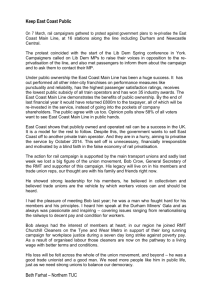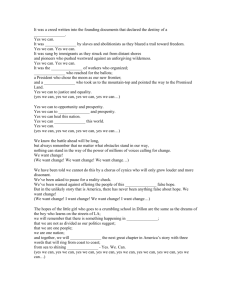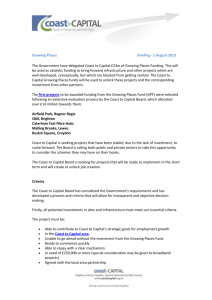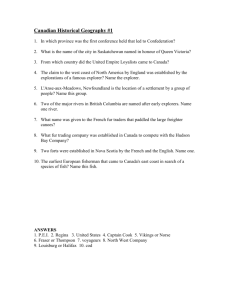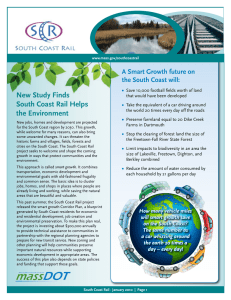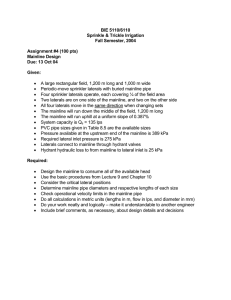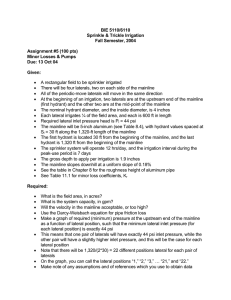FtF0112
advertisement
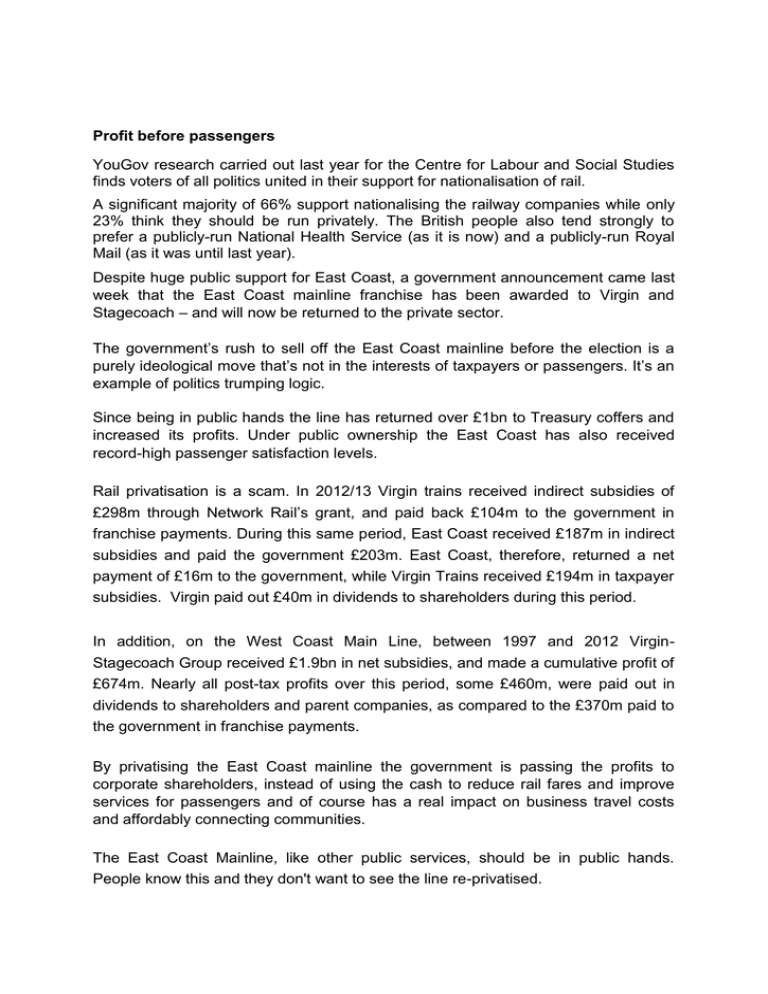
Profit before passengers YouGov research carried out last year for the Centre for Labour and Social Studies finds voters of all politics united in their support for nationalisation of rail. A significant majority of 66% support nationalising the railway companies while only 23% think they should be run privately. The British people also tend strongly to prefer a publicly-run National Health Service (as it is now) and a publicly-run Royal Mail (as it was until last year). Despite huge public support for East Coast, a government announcement came last week that the East Coast mainline franchise has been awarded to Virgin and Stagecoach – and will now be returned to the private sector. The government’s rush to sell off the East Coast mainline before the election is a purely ideological move that’s not in the interests of taxpayers or passengers. It’s an example of politics trumping logic. Since being in public hands the line has returned over £1bn to Treasury coffers and increased its profits. Under public ownership the East Coast has also received record-high passenger satisfaction levels. Rail privatisation is a scam. In 2012/13 Virgin trains received indirect subsidies of £298m through Network Rail’s grant, and paid back £104m to the government in franchise payments. During this same period, East Coast received £187m in indirect subsidies and paid the government £203m. East Coast, therefore, returned a net payment of £16m to the government, while Virgin Trains received £194m in taxpayer subsidies. Virgin paid out £40m in dividends to shareholders during this period. In addition, on the West Coast Main Line, between 1997 and 2012 VirginStagecoach Group received £1.9bn in net subsidies, and made a cumulative profit of £674m. Nearly all post-tax profits over this period, some £460m, were paid out in dividends to shareholders and parent companies, as compared to the £370m paid to the government in franchise payments. By privatising the East Coast mainline the government is passing the profits to corporate shareholders, instead of using the cash to reduce rail fares and improve services for passengers and of course has a real impact on business travel costs and affordably connecting communities. The East Coast Mainline, like other public services, should be in public hands. People know this and they don't want to see the line re-privatised. Beth Farhat - Northern TUC
